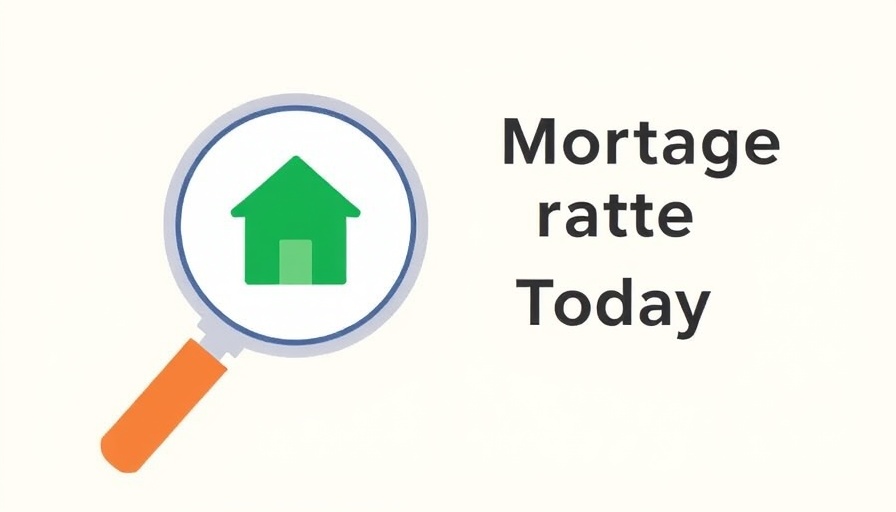
Understanding the Costs of Electrical Panel Replacement
For small business owners and managers, being informed about the costs associated with home improvement projects is crucial, especially as these expenses can directly affect your operational budget. Replacing your electrical panel falls under the category of significant home investments. The overall cost typically encompasses both the price of the new electrical panel and the labor necessary for installation. Factors such as the specifics of your location, the complexity of your electrical system, and local labor rates can contribute significantly to the total cost.
What Influences the Cost of an Electrical Panel?
The costs involved in replacing an electrical panel can vary widely based on several factors:
- Panel Price: The type and amperage of the electrical panel you choose will play a significant role in cost. Standard panels may provide adequate service, but opting for higher-capacity models may be more expensive yet necessary for your business's demands.
- Labor Costs: Hiring a qualified electrician is crucial, but rates can differ based on your region. Expect higher fees in urban areas compared to rural locations.
- Permits and Inspections: Depending on local regulations, you might need to secure permits and undergo inspections, adding to your overall expense.
- Additional Upgrades: If your current wiring isn’t up to code, or if you need to add circuits, these additional upgrades can lead to increased costs.
What Can You Expect to Pay?
To give you a ballpark idea, expect to pay anywhere from $1,500 to over $3,000 for a full electrical panel replacement. This range typically includes both parts and labor. However, the price can escalate based on the aforementioned factors. Small business owners should consider budgeting for these expenses in their overall financial planning.
The Importance of Choosing the Right Professional
When embarking on this kind of home improvement, selecting the right electrician is vital. Look for licensed professionals with positive reviews and experience in panel replacements. In many cases, investing in a well-qualified electrician may save you money in the long run, as improper installations can lead to costly issues down the road.
Long-Term Advantages of Investing in a New Electrical Panel
While the upfront costs of replacing your electrical panel can be daunting, think about the long-term advantages:
- Improved Safety: A new electrical panel decreases the risk of electrical fires and ensures more reliable service for your home and business.
- Increased Capacity: A modern panel can handle more appliances and devices, accommodating your growing technological needs.
- Energy Efficiency: Newer models can be significantly more energy-efficient, potentially lowering your utility costs.
Conclusion: Making Informed Choices
Ultimately, the cost of replacing your electrical panel should be seen as an investment in both your safety and your property’s value. As small business owners, navigating these decisions carefully is essential to your financial health. Don't hesitate to shop around, compare quotes, and ensure you're getting the best value.
Keep in mind that your business's success relies on informed decisions, whether you're upgrading electrical systems at home or strategizing for enterprise growth. Start planning your next steps now to secure a safer and more efficient workspace for your venture.
 Add Row
Add Row  Add
Add 




Write A Comment